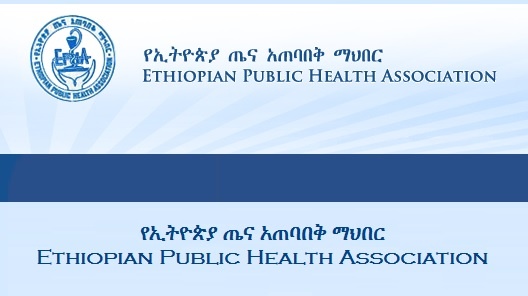
The Ethiopian Public Health Association, in collaboration with Ministry of Health and the health bureau of Addis Ababa, conducted community-based active case surveillance and RCCE of COVID-19.
ADDIS ABABA (EPHA) – The Ethiopian Public Health Association (EPHA), in collaboration with the Federal Ministry of Health and Addis Ababa City Administration Health Bureau (AACAHB), has conducted community-based active case surveillance and Risk Communication and Community Engagement (RCCE) of COVID-19 pandemic.
The objective of this surveillance is to reduce the spread of COVID-19 pandemic through a house-to-house search and testing of people with acute respiratory tract infections (ARTIs). Besides, it helps to enhance the implementation capacity of the community based team engaged in the active case surveillance of COVID-19 infection through providing technical and administrative supports.
According to Ato Bekele Chaka, Acting Director of Research and Publication at EPHA, the target population of the surveillance is residents of 30 selected Woredas (‘districts’) in Addis Ababa which were identified as hotspot areas by AACAHB.
- See also: Coronavirus: Up to 190,000 people could die of COVID-19 in Africa if not controlled, says WHO
The financial support is from the David and Lucile Packard Foundation (a California-based private foundation that provides grants to not-for-profit organizations) managed under the newly designed COVID-19 Emergency Response and Health Systems Preparedness Project* of the Federal Ministry of Health.
The Ethiopian Public Health Association is striving to its utmost in areas of community wide operational activities through providing technical, logistics and financial assistance before the pandemic becomes a major challenge to the country’s health system.
* The new COVID-19 Emergency Response and Health Systems Preparedness Project, supported by the World Bank Group, is designed to help Ethiopia develop counter measures to lessen the devastating effects of COVID-19. The project supports Ethiopia’s National Preparedness and Response Plan for COVID-19 by financing the procurement of medical supplies and equipment, building diagnostic capacity and training, improving the health screening of people entering into the country, and establishing quarantine, isolation and treatment centers. It also supports communications and information outreach activities to encourage behavioral change, such as social distancing, handwashing and sanitation. Furthermore, the project helps the country to reduce the potential impact of the epidemic on health systems, social services and economic activity.
About the Ethiopian Public Health Association (EPHA)
EPHA is a health professionals association established in 1991 that envisions the attainment of an optimal standard of health for the people of Ethiopia. It promotes better health services to the public and high professional standards through advocacy, professional competence, relevant policies, and effective networking. EPHA is committed to improve the health and living status of the people of Ethiopia through the dedicated and active involvement of the organization and its members and through collaboration with stakeholders.
Source: EPHA & The World Bank
